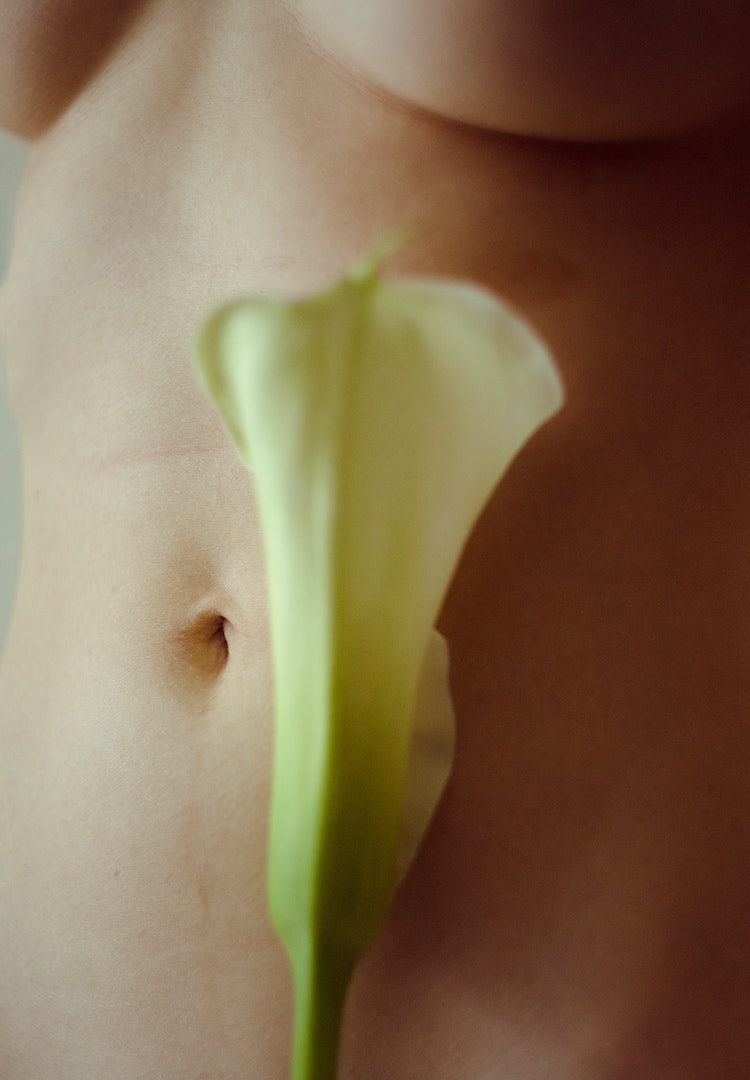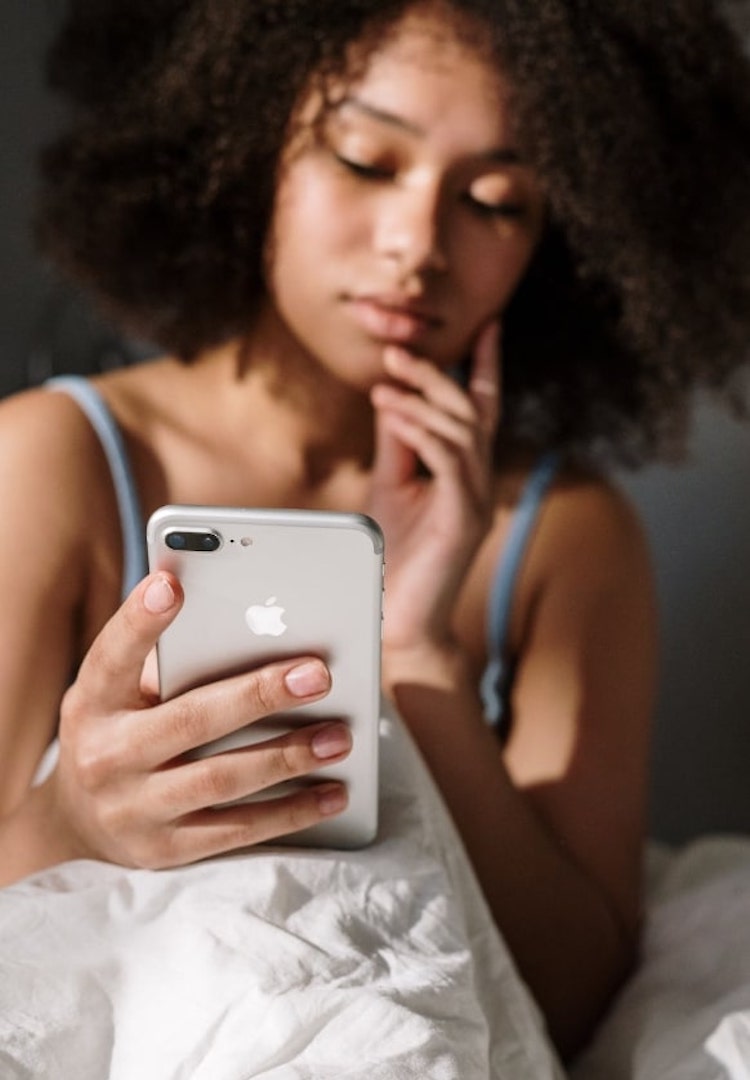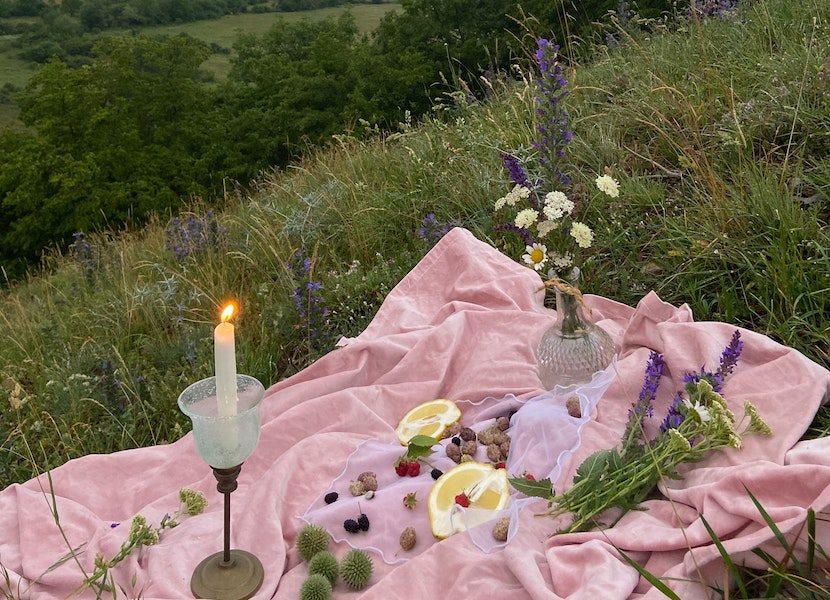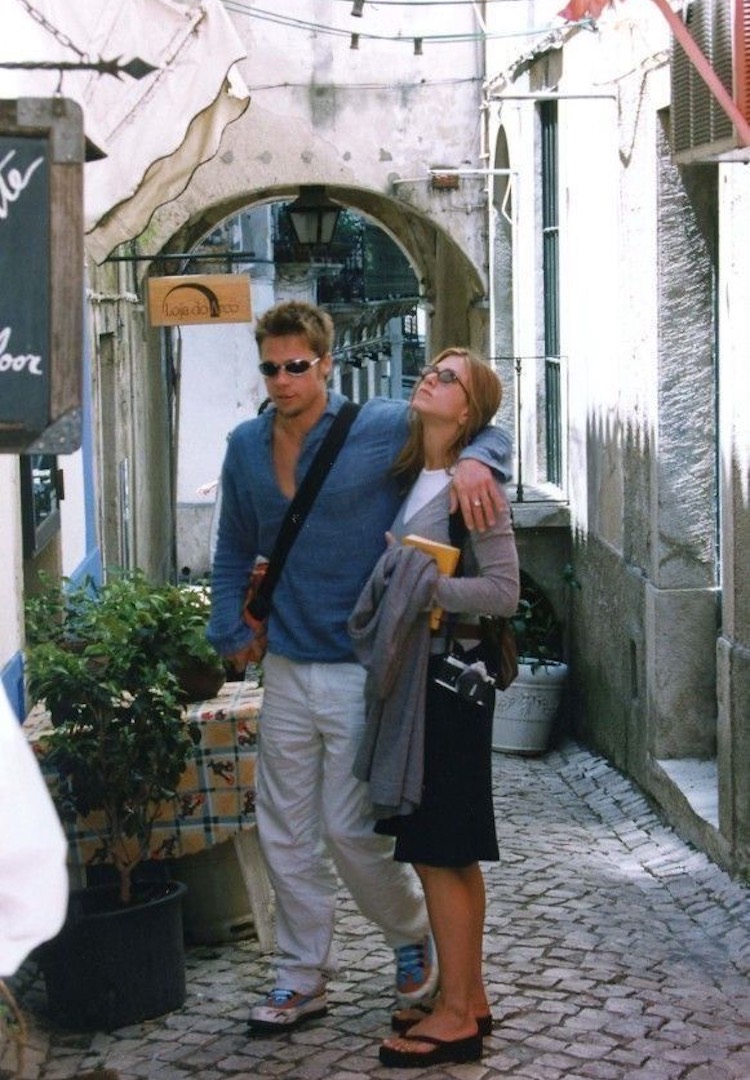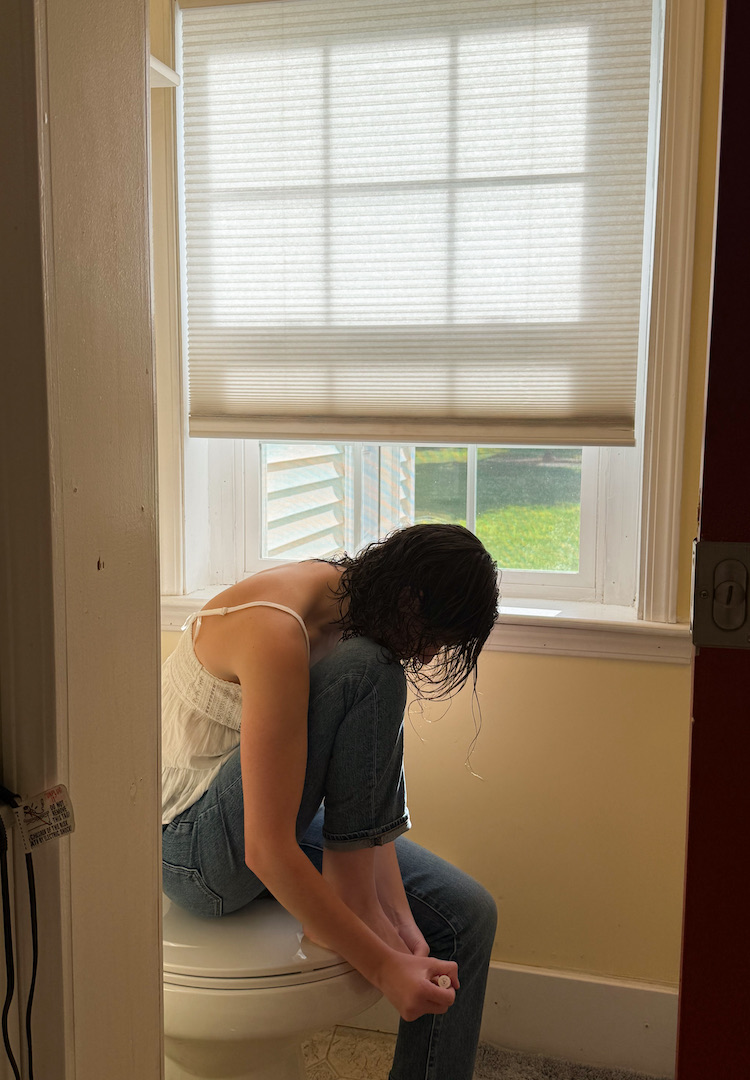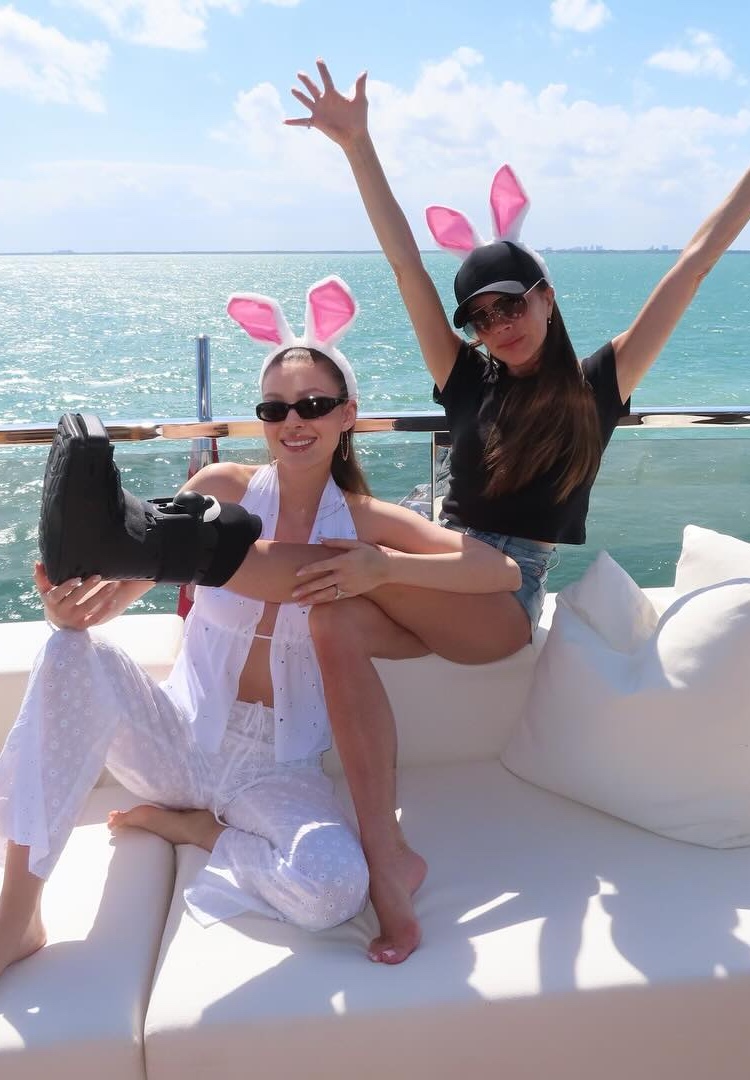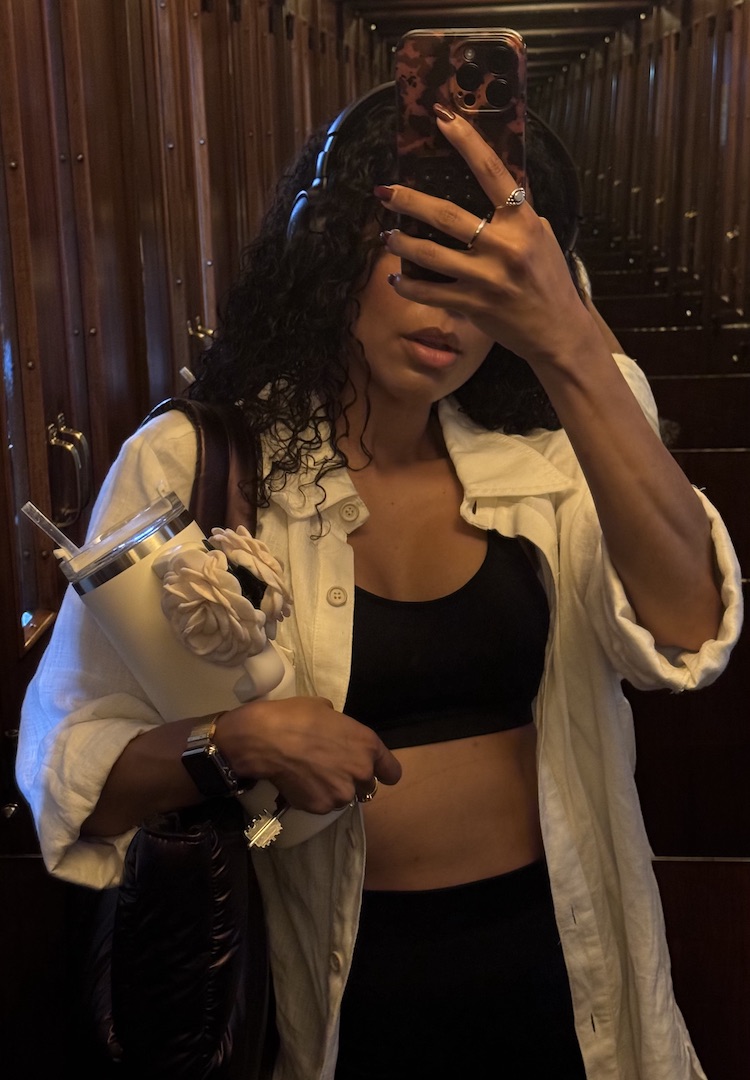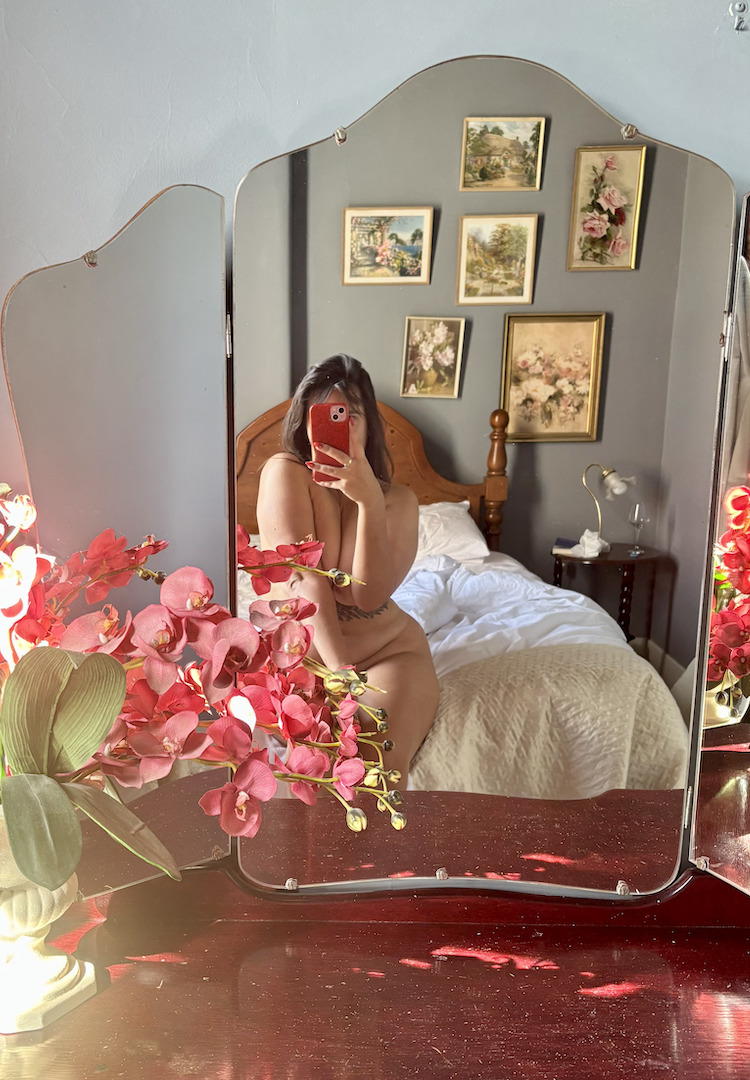How my borderline personality disorder diagnosis ended up saving my relationship
WORDS BY NINA MIYASHITA
“I needed to rewrite the scripts I’d learnt on relationships.”
People often say you can’t be in a relationship until you’re comfortable with yourself. For some people, this might be true. Single status is often encouraged – for commendable reasons – when someone is trying to work on bettering themselves.
But from my experience, it’s not so much an issue of ‘can’t’ – this just implies it’s an impossible feat. Take it from me, you definitely can be in a relationship while going through something, it’s just a whole lot more hard work. But it can also be a million times more rewarding.
For more thought-provoking content, tap through to our Life section.
When my therapist first told me she thought I might have Borderline Personality Disorder (BPD), the first thing I did was go straight home to tell my boyfriend. It was an affliction neither of us had heard of before (and a confusingly-named one at that), so we had to do some research.
We found out BPD is a condition characterised by an inability to emotionally regulate and a distorted sense of self, often marked by tumultuous interpersonal relationships. The real surprise was that as opposed to being born with it, people often develop BPD over time as a result of experiencing trauma.
Six months prior to my diagnosis and only a year into dating, my partner and I had started having some pretty major problems. We were fighting a lot – the screaming, crying, slamming doors kind – and we teetered on the edge of breaking up multiple times. What did all of these fights have in common? They started with a small insecurity of mine that my partner misconstrued or treated without care. We’d pick at it over and over again until it blew up in our faces.
The marked source of all my insecurities, as we worked out through many therapy sessions, came from a deeply rooted belief he was going to abandon me – literally and figuratively. My BPD developed after experiencing abandonment in some of the most important relationships in my early life. It was only when I entered a new, intimate relationship, that this condition came out of the woodwork.
I’d fill up with an overwhelming feeling I wasn’t good enough compared to others – past, present and future – and he was inevitably going to leave. It was because that’s what my relationships before him had looked like. I was stuck in survival mode, expecting to be left behind before it happened so I could be prepared for the very worst. I needed to learn not only did I have to trust him, but I had to believe in my own value a whole lot more. I needed to rewrite the scripts I’d learnt on relationships.
It would’ve been easy to walk away from the relationship when I was at my worst – we were definitely both hurting in our own ways. But we made the conscious choice to stick at it, together. He supported me in my healing and dealing with my BPD, and I supported him by committing to managing my triggers and intrusive thoughts. He committed to pushing past his own defensiveness, even when I was fighting back my own fear-based instincts to push him away.
And I committed to helping him cope with his anxieties and frustrations, showing him it was okay to be vulnerable. We chose to heal, side by side. And having him there to challenge me when needed, and support me even when it was hard, made my healing journey easier, quicker and ultimately, more worth it.
I didn’t have to hide away and be on my own until I was ‘perfect’, especially with a personality disorder that centres and manifests in interpersonal relationships like BPD. I was never going to be able to get better hiding away from those who cared about me. Ironically, facing my BPD and committing to managing it is ultimately what saved my relationship.
While it’s super important to know no relationships are unconditional – we need to learn where to draw the line somewhere, especially when we’re being controlled or abused – my partner and I were able to work around our windows of tolerance. We learnt each other’s limits, set emotional boundaries where needed and created a safe space where we could both exist, even on our worst days. We trusted each other with the most dangerous and ugly parts of ourselves, and we turned it into something beautiful.
Coming to terms with my BPD meant accepting when I was letting my emotions turn toxic. It also meant realising and positively appreciating the extent to which I could feel those emotions. My BPD makes me a passionate, empathetic and intuitive person. I’m deeply connected to my emotions and to those around me – my weakness is also my strength. My partner helped me learn to love the things I’d grown to hate about my condition, showing me everything good I was capable of.
I think back to the day I found out about my BPD, to the times I almost walked away and to the saddest, hardest days I struggled with my grief. And in all those pictures, I’m never alone. I remember a time I called him crying, and later he turned up at my door. I asked him why he’d come over. “Because you called”, he replied.
For more on BPD and relationships, head here.

